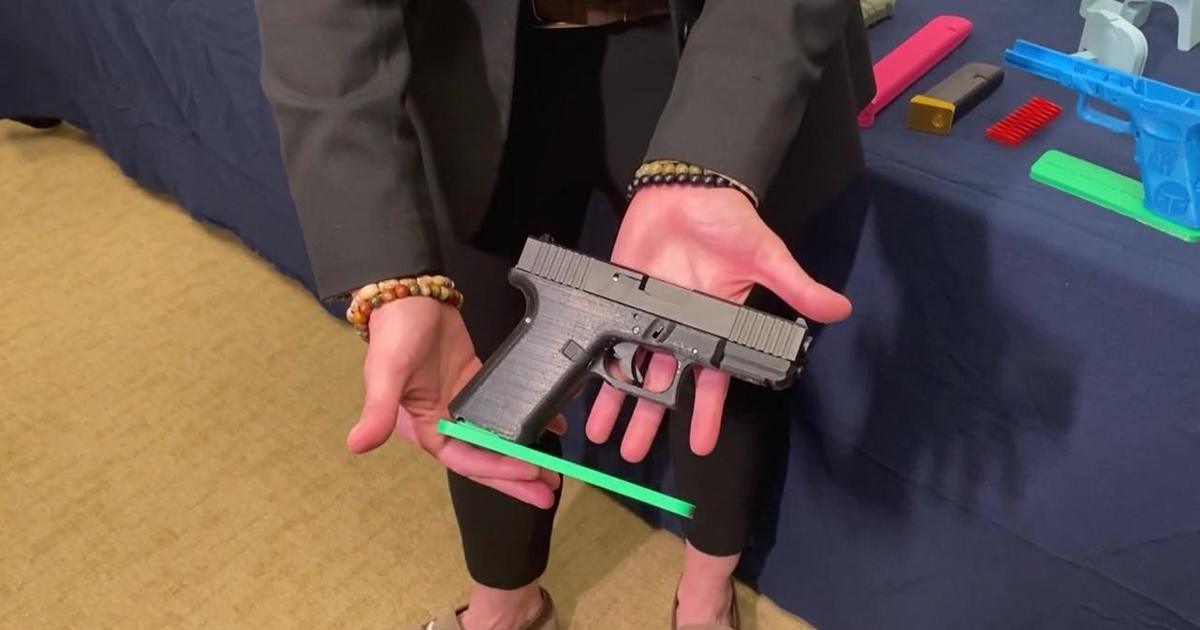Eye Problems May Be To Blame For Children's Reading, Learning Issues, Experts Say
NEW YORK (CBSNewYork) -- If you have been told your child has a learning problem or trouble paying attention, it might be a misdiagnosis.
As CBS2's Dr. Max Gomez reported, the real problem might be their eyes – even if they have 20/20 vision. The problem starts in preschool, Gomez reported.
Twenty/twenty vision just means that the eyes can focus on a distant eye chart. But to be able to read and learn effectively, both eyes have to work together.
And whether it's eye co-coordination or glasses, a new report finds that tens of thousands of young children are struggling with eye problems.
"The words are just floating out of order. I could see double of them," said Kyle Rivera, 9.
Kyle needed glasses, which did correct his vision to 20/20. But he was still having trouble at school.
"At school, they started to communicate to us that there was a lack of attention," said Kyle's mother, Lissette Espinal. "He would lose focus a lot. He wasn't able to stay on task."
"They may be misdiagnosed with a reading problem; a learning disability; some attention problems," said Dr. Erica Schulman of the SUNY College of Optometry, "when in fact, it may be just a visual issue."
Peyton Gifis, 7, was diagnosed at age 2 with strabismus – a misalignment in her right eye that forced it to turn inward and required corrective surgery.
"It was scary," said Peyton's mother, Devon Gifis. "It was definitely scary."
Since then, Peyton has been getting annual, comprehensive eye exams, which Dr. Saysha Blazier said go far beyond the simple eye chart test in school or in a pediatrician's office.
"If a kid can read far away, they usually pass those eye tests. But when it comes to reading up close, they might have major difficulties that would not be detected," said Blazier, of the practice Savoy, Siegel & Desai. "The words might look like they swim around on the page."
A recent study published in JAMA Ophthalmology found that more than 74,000 preschoolers have vision impairment, and the problem is growing.
Not surprisingly, parents tend to blame all the time kids spend looking at electronics these days – phones, tablets, TVs and computers. Screen time may be a factor, partly for too much up-close focusing, but also because it is all done indoors.
It seems that sunlight slows or checks nearsightedness for reasons that are not clear.
If your child covers one eye while reading, complains of double vision or headaches, or gets tired while reading, it's time for an eye exam.
The key is early detection. The American Optometric Association recommends a child's first eye exam should be at six months.



